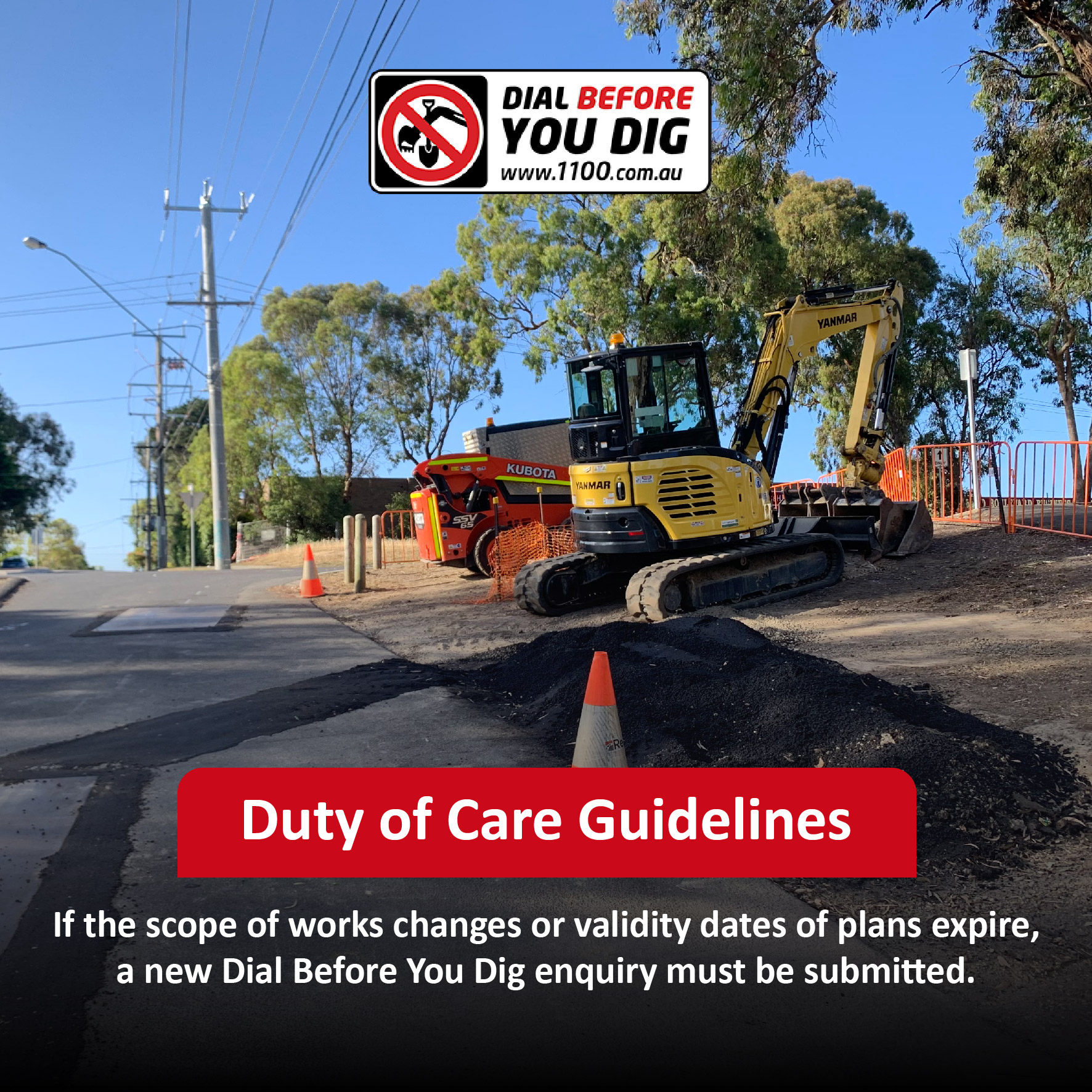What is Marketing Intelligence?
A Complete Guide to Understanding, Using and Benefiting from Marketing Intelligence
Reading Time: 16 minutes
In today’s fast-paced digital economy, Marketing Intelligence (MI) is no longer a luxury — it’s a necessity. Brands and businesses that leverage marketing intelligence can predict customer behaviour, outperform competitors, and create high-impact campaigns backed by data, not guesswork.
But what exactly is marketing intelligence? Why is it essential in modern marketing? How is it different from market research or business intelligence? And more importantly, how can your organisation implement it effectively?
This comprehensive guide explores the concept in full detail. Whether you’re a CMO, an agency owner, a startup founder, or a marketing strategist, you’ll walk away with a clear understanding of what marketing intelligence is, how it works, and why it’s critical to long-term business success.
Table of Contents
- 1
- 2
- 3
- 4
- 5
- 6
- 7
- 8
- 9
- 10
- 11
- 12
1. What Is Marketing Intelligence?
Marketing intelligence refers to the process of gathering, analysing and applying data about your market, competitors, customers and performance to make smarter marketing decisions.
Unlike traditional market research, which tends to be project-based or periodic, marketing intelligence is ongoing, real-time and often automated. It helps businesses stay agile in their strategies, discover trends as they emerge and seize opportunities before the competition.
Put simply, marketing intelligence is data-driven marketing strategy in action.
2. The Key Components of Marketing Intelligence
To understand marketing intelligence more deeply, it’s important to break it down into its core elements:
a) Competitor Intelligence
Monitoring competitors’ moves, pricing strategies, digital campaigns, product launches and public perception to identify market positioning and white space.
b) Customer Intelligence
Analysing customer data such as demographics, purchase behaviour, churn rates, feedback and engagement to understand who they are and what drives them.
c) Market Trends and Industry Signals
Tracking changes in consumer preferences, economic shifts, social patterns and new technologies affecting your sector.
d) Internal Performance Metrics
Reviewing your own marketing KPIs — conversion rates, CAC (Customer Acquisition Cost), ROI and channel performance — to optimise internal strategy.
e) Sentiment and Social Listening
Understanding what people are saying about your brand, competitors or industry on social media, review sites and forums.
3. Why Marketing Intelligence Matters
In a world where data is more accessible than ever, it’s easy to drown in information and still miss what’s important. Marketing intelligence organises that chaos, turning raw data into actionable insights.
Here’s why marketing intelligence is mission-critical:
-
Stay Ahead of Competitors: Early signals give you a strategic edge.
-
Increase Campaign Effectiveness: Make decisions based on insight, not intuition.
-
Improve Customer Experience: Understand what your audience wants before they even ask.
-
Maximise ROI: Identify which efforts yield the best results.
-
Adapt to Market Changes: React quickly to shifting trends and external forces.
4. Marketing Intelligence vs Market Research
Although the terms are often used interchangeably, marketing intelligence is not the same as market research.
| Feature | Market Research | Marketing Intelligence |
|---|---|---|
| Frequency | Periodic or ad-hoc | Continuous and real-time |
| Format | Surveys, focus groups, interviews | Data streams, dashboards, automated tools |
| Purpose | Answer a specific question or hypothesis | Guide overall strategy, continuously |
| Scope | Often narrow and specific | Broad and multi-dimensional |
| Data Sources | Mostly primary (direct from customers) | Mostly secondary (tools, platforms, signals) |
5. Sources of Marketing Intelligence
Marketing intelligence pulls from a wide variety of data sources. The more diverse and reliable your inputs, the more robust your outputs.
Here are some key sources:
-
CRM data and customer records
-
Social media platforms
-
Web and app analytics (Google Analytics, Mixpanel, etc.)
-
Email campaign performance
-
Third-party market data providers
-
Competitive benchmarking tools (SEMrush, SimilarWeb, etc.)
-
Surveys and customer feedback
-
News articles, press releases, industry blogs
-
SEO performance and keyword trends
6. Tools and Technologies
Modern marketing intelligence relies heavily on automation and AI-powered platforms. The right tools allow businesses to track everything from competitor ad spend to social sentiment at scale.
Popular tools include:
-
CRM Platforms: HubSpot, Salesforce
-
Social Listening: Brandwatch, Sprout Social, Hootsuite
-
SEO and Web Analytics: Ahrefs, SEMrush, Google Search Console
-
BI and Dashboarding: Tableau, Power BI, Looker
-
Marketing Automation: ActiveCampaign, Mailchimp
-
Custom Solutions: Platforms like KnowYourMarket.ai that integrate AI and predictive analytics
7. How to Build a Marketing Intelligence System
Creating a full-fledged marketing intelligence program involves a structured approach:
Step 1: Define Goals
What insights do you need to make better decisions? Align your intelligence system with business objectives.
Step 2: Identify Data Sources
List your internal and external sources — customer behaviour, competitive landscape, and operational KPIs.
Step 3: Choose the Right Tools
Select software that aligns with your team’s capabilities and budget.
Step 4: Integrate and Automate
Set up automated pipelines to pull in data regularly. Clean, categorise and organise it for analysis.
Step 5: Analyse and Interpret
Use analytics, AI and human insight to spot patterns and trends.
Step 6: Act and Optimise
Turn insights into strategy — then measure impact, iterate and improve.
8. Examples of Marketing Intelligence in Action
Example 1: e-Commerce Brand
An online retailer uses MI to track when competitors launch new products or offer discounts. They use this intel to adjust pricing, optimise ad spend and launch counter-campaigns.
Example 2: SaaS Startup
A tech company monitors which keywords are gaining traction in their industry. They use the data to create SEO-optimised landing pages and content that pulls in organic traffic.
Example 3: Consumer Brand
A beverage brand analyses sentiment on social media after launching a new flavour. The feedback leads them to adjust packaging and rollout strategy before the national launch.
9. Benefits of Using Marketing Intelligence
The benefits of marketing intelligence are numerous and compounding:
-
Greater agility and faster decision-making
-
More precise targeting and segmentation
-
Increased customer retention
-
Better alignment between sales and marketing
-
Stronger brand positioning
-
Improved forecasting accuracy
-
Enhanced personalisation of marketing messages
10. Challenges and Ethical Considerations
While powerful, marketing intelligence also comes with challenges:
-
Data Overload: Too much unstructured data can become a bottleneck.
-
Quality vs Quantity: Not all data is useful — poor-quality data leads to bad decisions.
-
Privacy and Compliance: Respecting GDPR, CCPA and other privacy laws is non-negotiable.
-
Human Bias: Interpretation still matters — insights can be misleading if viewed through the wrong lens.
11. The Future of Marketing Intelligence
The future of MI lies in real-time data, machine learning, and predictive analytics.
Soon, marketing intelligence will:
-
Anticipate customer needs before they’re expressed
-
Predict which leads will convert with near certainty
-
Suggest marketing actions automatically
-
Integrate seamlessly with AI-generated creative
As the landscape evolves, tools like KnowYourMarket.ai are helping brands automate, scale and refine their approach with cutting-edge intelligence.
12. Getting Started with Marketing Intelligence
If your marketing still runs on guesswork, gut feeling or once-a-year reports, it’s time for a change.
Marketing intelligence isn’t just for global giants — with the right tools and strategy, businesses of all sizes can tap into its power.
Start small. Choose one data source. Run one analysis. Make one informed change.
And if you need help implementing a tailored marketing intelligence system, our team at Aston Digital is here to guide you every step of the way.
Ready to transform your marketing with real data, not assumptions?
Let’s talk — contact us today or visit knowyourmarket.ai to learn more.
Is my brand a Blue Brand?
Having understood what a Blue Brand is, the next question you might have is;
Do I count as a Blue Brand?
The simple answer to this question is, ‘Is your logo blue?’ That’s generally the starting point. Of course it’s not that simple though. The bigger answer is, at it’s core, does your brand represent the values outlined above? Is your brand operating in one or more of the industries outlined above? Is your brand not considered conventionally ‘exciting’ but is still a very important and necessary part of society?


Our experience with Blue Brands
Our experience with Blue Brands includes everything from social media strategy, website development, social media management, social media advertising, and search engine optimisation. We’ve worked with organisations all across Blue Brand industries, including:
- Victoria Police
- Uniting Vic/Tas
- Nepean Blue Mountains PHN (Wentworth Healthcare)
- Australian Defense Force
- Victorian Government
- Dial Before You Dig (now known as Before You Dig)
- Metcash
- Phebra Pharmaceuticals
Why work with us?
Social Media Strategy has been a core service of ours since 2012. Fun fact: We used to be known as Aston Social!
We’ll help you reach your targets
KPIs are the focal point of our digital marketing strategies. We’re always striving to meet the expectations of your department.
We live for detail
Our reporting system offers valuable insights into how your campaigns are performing, the audiences who are engaging with them and competitor analysis.
No one understands the “blue brands” like we do
We are well aligned with professional and corporate businesses in industries including government, not-for-profit, law enforcement, healthcare, automotive, civil construction, adventure and lifestyle.

Looking for a complete Digital Marketing Plan? Discover our Digital Brand Story Framework!
Everything you do online is driven by your brand; what your brand stands for, what you do, what your proposition is, why people should listen, etc.
Understanding your brand is vital. That’s why we first start by defining your brand in terms of a Hollywood movie script. The Brand Story outlines who your customer is, what they want, why they want it and how you’re going to help them get it.
If you’re wanting to start your digital marketing strategy from scratch, or review your existing strategy, our Digital Brand Story framework might be for you!



